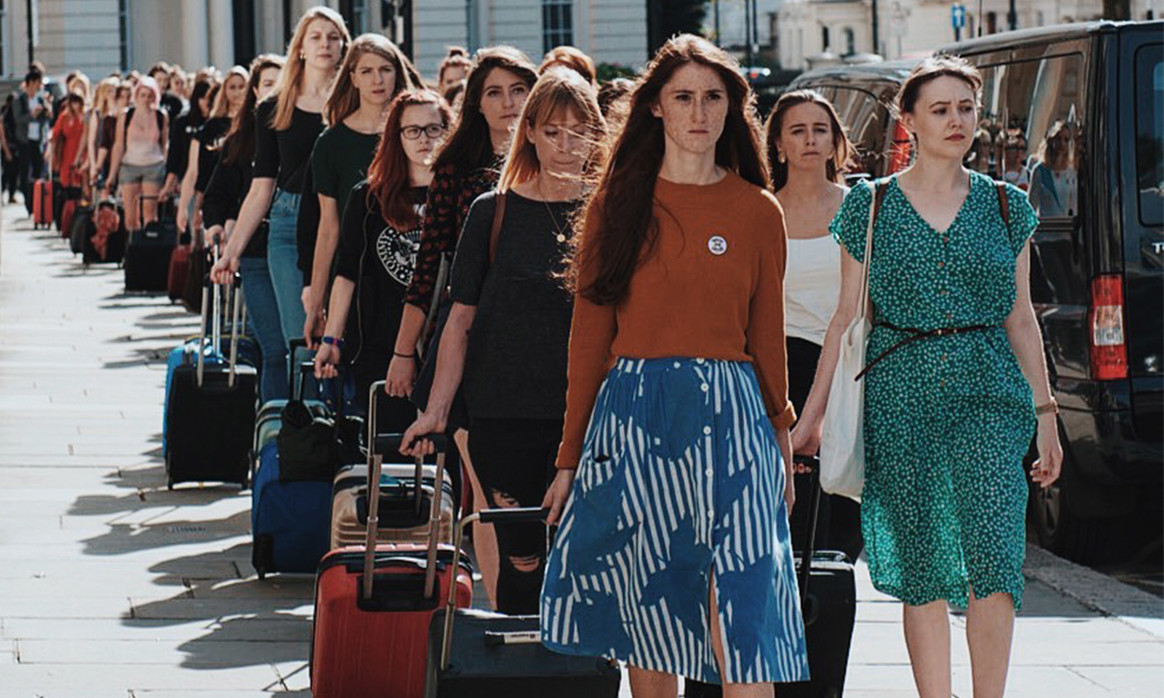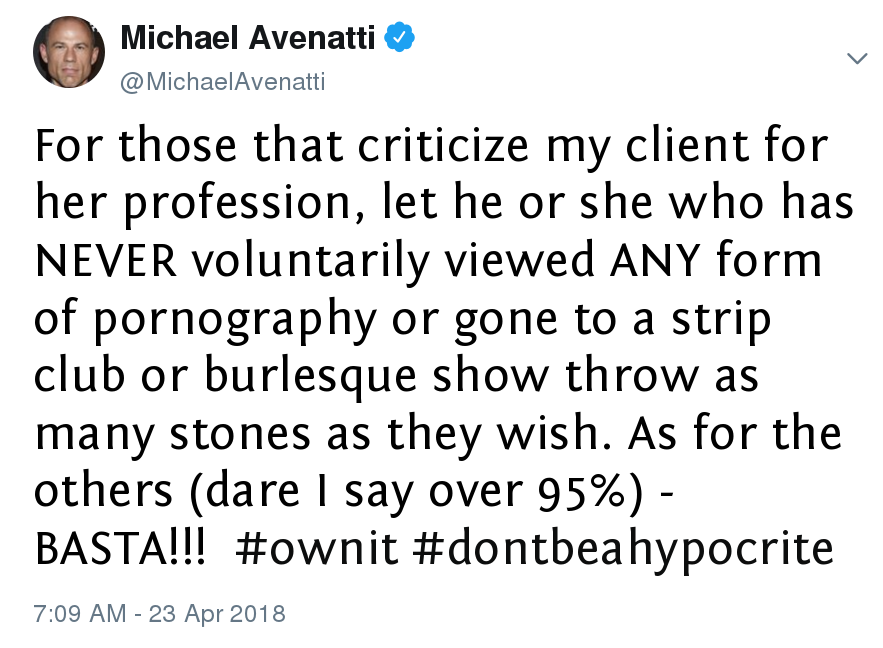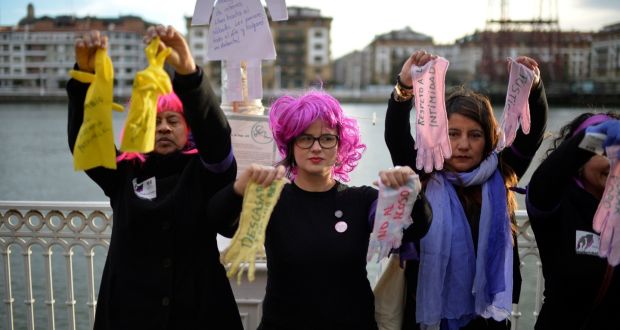Everything I’m about to say is that obvious. Rights are rules that benefit everyone the same way and make life easier. All the rest — privileges, abuse, crimes — don’t work that way. Considering how simple it is, I’m convinced that when people pretend not to get it, it’s because they don’t want to. That implies talking about it isn’t very useful. The problem lies deeper. But since I don’t know how to fix the actual problem, I’ll talk about it anyway.

Planting seeds
First a few definitions. Rights, the way I’ll be using the word, are based on a given concept of fairness. In a grim development, “fair” is losing its meaning through overuse as every Tom, Dick, and Harry, and especially Donald, uses it to whine about not getting their own way. For the purposes of this discussion, I have to ask you to forget all the abuse of the word and pretend it could actually mean something.
Fairness intuitively means equal treatment, but there are problems with that definition when context is willfully ignored. If a nonexistent equality of circumstances is assumed, then in no time the magnificent impartiality of the law allows rich and poor alike to buy their own fast internet. Willful ignorance always leads to bad consequences, so keeping in mind that context is an integral factor of fairness, let’s look at equal treatment specifically.
The simplest definition of equality is the absence of double standards. What is allowed or punished for P is the same for Q. It’s not a rigid list allowing only specific things. It’s the equal application of general rules to specific situations as they arise.
For instance, let’s say you wanted to keep email secure. You could tell everyone, equally, that they must have their correspondence on a specific IBM server running a specific operating system and use two-factor authentication. But then Person A, let’s call her Amanda, uses a Hewlett Packard server, which is not the one specified. Bad, even though everything is still secure. Person B, on the other hand, let’s call him Egbert, uses the right setup, but has an automated script accessible to anyone to avoid the authentication bother. The specifics are all fine, he’s just added a layer that’s not in the book, so he’s good, even though nothing is secure. Everybody’s immediate reaction to that is, well, that’s stupid. That’s what I mean when I say the specifics of the particular situation are not the point.
Even less fairness can be achieved if Amanda is punished for incorrect email handling, while Egbert keeps his work on AOL and nobody cares. Equal treatment requires the relative distance of each from the goal of security to be judged and for the punishment to be proportional to that distance. That would be equal application of the rule, without double standards.
Keeping the avoidance of double standards firmly in mind, the distinction between rights and not-rights is easy.
Rights are those things we can do which do not curtail anyone else’s ability to do the same thing. They require no double standards, no inequality. My freedom to speak does not limit yours. My need to be free of physical harm doesn’t change your life in any way. My intention to marry someone doesn’t affect your ability to get married. None of those limits others’ abilities to have the same benefits or protections. Those are rights. I’ll go into some examples in a bit.
Privileges, on the other hand, depend on an asymmetry of power. If they’re applied to everyone equally they lead to absurdity in a couple of steps. The asymmetry can come from subtle social privilege or not so subtle economic or military force, but whatever the source, it’s used to allow some actions that would cause impossible situations if everyone did them.
For instance, if you insist on a right to make others live according to your religion, then, since it’s a right, I can equally insist that you live according to mine. But my religion is to kill all members of your religion. (That’s not just an impossible thought experiment. Both Christianity and Islam have clauses, best ignored, about holy war against heathens.) We’ve reached an absurd situation in exactly one step. There’s no way to resolve it on the basis of rights. One side has to have more power to force compliance from the other.
The crowning irony is that nobody has freedom of religion in that system since at any moment others could grab enough power to impose their will instead. Rights impose limits but allow more freedom than a complete free-for-all.
Violence is another easy example. It’s sometimes necessary to stop criminals or invaders, and yet if everyone had license to kill it would be impossible to have any kind of a society. Even the top banana, the last one standing, would soon die. That’s why the state is given a monopoly on the use of force, because some force is necessary but it cannot be a right. Freelance gun nuts are incompatible with having a life, as we’re finding out in the U. S. of A.
Another current example is vaccination. If it’s not voluntary, it’s taking away a person’s control over their own body, which is a very bad idea. There’s no way to apply that loss equally to everyone, and it has to be based on mere power to force compliance. On the other hand, an unvaccinated person can spread preventable disease, which is another kind of attack on a person. Given that spreading disease is a hugely bigger harm than a vaccination, that’s one case where it’s appropriate for the state to enforce compliance.
(Medically, voluntary compliance is much more effective. But purely as a matter of rights, there is no right to spread disease. Vaccination is a good example of how seamlessly rights come to mean what-I-think-is-good-for-me rather than what is good for everyone. We’re all susceptible to it, not just corporate executives and Donalds. Another tangent: obviously, if vaccines caused neurological problems that would be a major harm and change the balance of rights. But they do not. Vaccines do not cause autism. The links are a scientific article and a pdf that list many studies showing no connection and including millions of people. And on the other side is the one Wakefield study which did say there was a connection. That was based on 12 patients, with no controls in the experimental sense, and which turned out to be fraudulent. Developmental neurological issues do happen, unfortunately, but not due to vaccines. Disbelieving the mountain of evidence on vaccines is somewhere between rejecting evolution and rejecting the reality of climate change.)
Rights, unlike the previous examples, involve those actions which can be done by everyone equally. That has an important corollary. Once they’re applied in a way not available to everyone, they’re no longer rights. They’re the abuse of one or another kind of privilege.
Consider, for instance, free speech. It’s mainly interpreted as a right not to be silenced, and that is important. But our bigger problem now is being drowned out. With ads and clickbait shouting at us 24/7, what we need is a complementary right to silence. (Some of my thinking on that and the following issues here.) If we could all broadcast all the time, there would be no point trying to communicate at all. It’s a less bloody version of of the murder free-for-all. Nobody is heard, not even the person shouting.
Another current perversion of the right to free speech is spewing hate speech. The confusion between the two is in the process of destroying democracy, but we’re petrified to do anything about it in case it opens the door to government control over what can be said. That’s not an idle fear. Look at how quickly every resistance to people in power was labelled terrorism, whether it had any of the hallmarks of terrorism or not. Look at how quickly the Donald started labelling everything he didn’t like “fake news.” If he had a hope of shutting it down, he would. It is very important not to go down that road.
But it’s equally important to preserve democracy, which depends on free speech. Somehow, the right to free expression has to be limited to communication and has to exclude hate. I think we could make a start by improving the definition of what constitutes speech. At its essence, it’s about communicating something. Sharing ideas is a fundamentally different process than bamboozling or hurting people. Communication can be universal, hatred cannot be (in a functioning society). It ought to be possible to draw a more accurate line between them.
It’s interesting in this context that the people who use hate speech seem to know quite well what they’re doing, even if they won’t usually admit it. I’ll never forget when Steve Bannon left the White House to return to Breitbart where he’d once again be free to spout anything. “I’ve got my hands back on my weapons,” he said. Speech as a weapon should be no more protected than knives can be used to “communicate.”
If we could wrap our minds around the rights of the situation, we could stop getting sidetracked into thinking punching Nazis will get us anywhere except down the spiralling hole where violence always leads. If we have a right to punch them because we think they’re bad people, they have the same right to punch us because they think we’re bad people. Might makes right is not the route to a fun life. Instead, understanding rights means we know the solution is to figure out the definition of hate speech and then to shut the poison down.
One last example of how not to twist free speech is the policing of discussions of trans issues. Part of the trans activist community feels that transwomen must be considered women in all respects, not just socially but also when biology is in conflict with that categorization. (There is no noticeable equivalent pressure on behalf of transmen, i.e. people born female.) To do other than that is considered transphobic which has such a severe impact on transwomen it can lead some to suicide. Therefore any discussion that does not accept those assumptions is lethal hate speech and must be stopped.
That thinking requires an obvious double standard. We can’t all be on the edge of suicide and demanding from others that they do everything our way or they’re guilty of pushing us into it. Nobody would be able to do anything if emotional blackmail was a legitimate tactic to shut people down.
Transpeople, men and women, do suffer violence, but as with most violence, it is committed by men. (For instance, globally 96% of homicides are committed by men p.95.) Assault and murder are already illegal. They’re also in a different class than speech one doesn’t like. Free speech definitely covers unpopular topics. Trying to police women, for instance discussing pregnancy, by using emotional blackmail because men are committing crimes is very much an illegitimate suppression of speech that should be free.
As the free speech examples show, distinguishing between rights and their abuse gets into some gray areas. But just because there are murky zones doesn’t mean we have to give up on the clear ones. When there is actual doubt, by all means let’s give that area the benefit of the doubt. When it’s pretty clear that something is nothing but trash talk, we should stop protecting it and throw it out.
I’ve tried to show how it’s possible to distinguish rights from privilege by seeing whether the action in question can be done by everyone equally. When not, people aren’t demanding their rights. They’re demanding special treatment. The title isn’t totally facetious. Rights are like a dance where everyone follows the same rules to everyone’s benefit.
Crossposted to Skydancing/a>



 Going home to vote
Going home to vote











